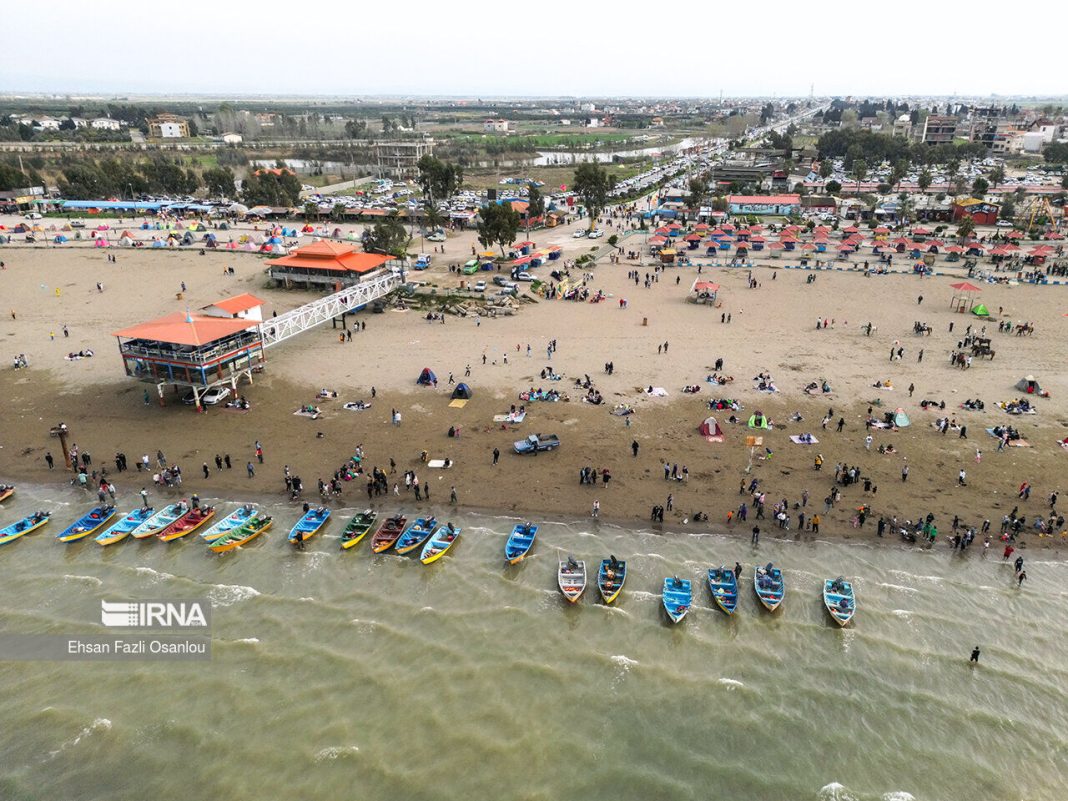“Based on scientific research and the monitoring of the current trend of change in climatic indicators affecting the water balance in the Caspian Sea, its water levels are predicted to fall by 2100 under the influence of climatic conditions governing the region, and surface area of the sea is expected to decrease,” says Seyyedeh Masoumeh Banihashemi, the director of the National Center for Caspian Sea Research and Studies.
Studies show water levels at the sea dropped 26 centimeters in the year ending March, 2023 compared to the same figure the previous year, she added.
“Water levels at the Caspian Sea have dropped around 50 centimeters over the past two years,” she noted.
Among the key factors affecting water levels at the Caspian Sea are the amount of rainfall as well as rivers flowing into the sea, she explained.
Iran’s environment chief has recently said says water levels at the Caspian Sea are going down as the inflow of water is blocked by neighboring countries.
“Water inflows, especially the one through the Volga River, into the Caspian Sea have been blocked by the neighboring countries,” said Ali Salajegheh, the head of the Department of the Environment.
“We hope to be able to settle the issues of the water right and contamination within the framework of the Tehran Convention,” he noted.
Iran, Russia, Azerbaijan Republic, Turkmenistan and Kazakhstan are the five littoral states of the Caspian Sea.
